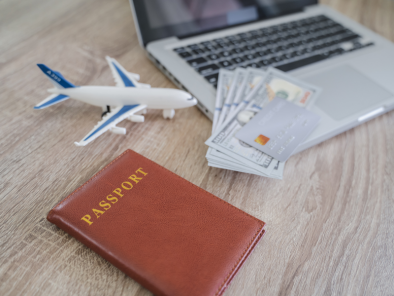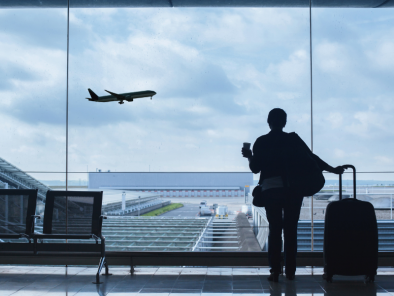Posted by: Murtaja
The way people plan their travel has evolved significantly in recent years, thanks to advancements in technology. While online travel platforms have gained immense popularity, traditional offline travel planning still holds its ground for many travelers. Both approaches have their own sets of advantages and drawbacks, making the choice between them a matter of personal preference. Here’s a look at the key differences, benefits, and limitations of offline and online travel.
Convenience and Accessibility
Online travel planning is synonymous with convenience. With just a few clicks, travelers can research destinations, compare prices, book flights, hotels, and activities, and even read reviews from other travelers. The ease of access to a vast array of options 24/7 makes it a favored choice for tech-savvy individuals and those with busy schedules. The ability to make instant reservations and receive digital confirmations also adds to its appeal.
Offline travel, on the other hand, often involves dealing with travel agents or visiting physical offices for bookings. While this may seem less convenient in the digital age, it does offer a personal touch. Travel agents can provide tailored advice, help with complex itineraries, and offer insights that may not be found online. For travelers who prefer human interaction or are not comfortable navigating online platforms, offline travel planning remains a valuable option.
Customization and Personalization
When it comes to customization, offline travel planning often provides a more personalized experience. Travel agents can customize itineraries based on individual preferences and provide unique recommendations that might not be easily found online. They can also help with special requests, such as arranging group tours, booking accommodations with specific amenities, or finding niche travel experiences.
However, online travel platforms are quickly catching up with their own range of customizable options. Many websites and apps allow users to filter results based on criteria like budget, location, and travel style. Some even offer AI-based recommendations based on past searches and bookings, making it easier for travelers to find options that match their preferences.
Cost Considerations
Online travel often promises lower costs due to the ability to compare prices across multiple websites and service providers. The availability of special deals, last-minute discounts, and price comparison tools can result in significant savings for budget-conscious travelers. Many online platforms also offer loyalty programs and cashback options that make travel more affordable.
In contrast, offline travel services may come with additional fees for travel agents' expertise and personalized services. However, this does not necessarily mean higher costs in all cases. Travel agents may have access to exclusive deals, partnerships, or group discounts that can make offline bookings competitive. Additionally, agents can advise on cost-effective alternatives or help travelers avoid hidden fees and charges that might appear in online bookings.
Reliability and Support
The reliability of offline travel planning often surpasses that of online travel in terms of customer support. When issues arise, such as flight cancellations or hotel problems, having a travel agent can be a great advantage. Agents can quickly assist with rescheduling, cancellations, or alternative arrangements, often with direct contacts in airlines, hotels, and tour operators.
Online travel, while offering convenience, may fall short when it comes to personalized support. Though many platforms offer customer service, the experience can be frustrating with automated responses or delayed help. However, some advanced online services now feature 24/7 live chat support and dedicated travel advisors to bridge this gap.
The Best of Both Worlds
The decision between offline and online travel ultimately comes down to individual preferences and circumstances. For travelers seeking convenience, budget-friendliness, and self-service options, online travel is an excellent choice. Conversely, those who value personalized service, expert advice, and hands-on support may prefer offline travel planning.
Many travelers are now opting for a hybrid approach,
utilizing online tools for research and initial bookings while relying on
travel agents for complex or specialized arrangements. This combination ensures
that travelers can enjoy the best of both worlds, taking advantage of
technology while still benefiting from expert human guidance.











